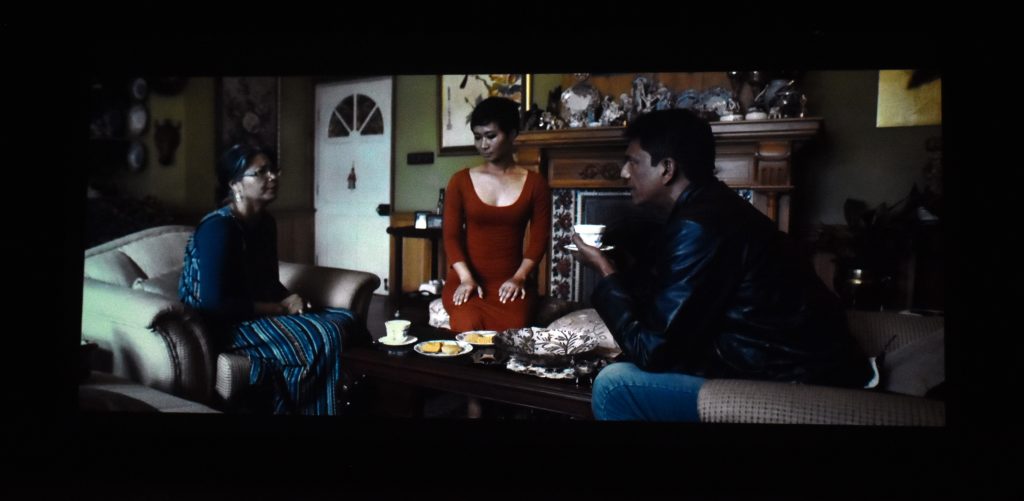BHUBANESWAR: The second day of the Indian Film Festival Bhubaneswar (IFFB) showcased many contemporary movies that touch on the issues which are relevant in the country today. People gathered in large numbers to experience the beauty of contemporary Indian cinema. Out of all the movies that were screened on second day of the festival, two movies attracted the most attention. They are Aani Maani and Lorni: The Flaneur.
Set in contemporary Shillong the film revolves around an aspiring detective played by actor Adil Hussain. The protagonist is a Shipiah (derogatory colloquial term for a person with a Khasi mother and a non-tribal father). In a town where there are no secrets, objects worthy of great cultural value for the Khasis start to disappear, and the protagonist is hired to investigate the matter. The film attempts to deconstruct the notion that the ‘past’ is the only repository of perfection. In the film where the past is evoked, Wanphrang portrays the past as “an attempt to document the ‘barbarism’ that every civilization goes through”.
The music in the movie is its biggest USP and has been used effectively in the different scenes. Wanphrang said that it is not typical detective movie. The film doesn’t show a conventional detective.” He is not that type of detective which one imagines in a movie. Working with Adil Hussain was a great experience. He knows what he is doing he has developed his own style of acting after working for all this years. He has done multiple language movies which show his versatility and acting talent.”
The film also touches upon the folklore stories through the different character which gives the glimpse of local history.
Fahim Irshad’s debut film, Aani Maani. Set in the state of Uttar Pradesh, the film narrates the story of Bhutto, a kebab seller, who struggles to make ends meet. The film highlights the culture of bans, which has gained popularity in recent times, and how it has managed to affect the livelihood of the vulnerable sections of the society.
The director, Fahim Irshad, had also worked in popular web series Mirzapur, which has garnered rave reviews from the critics and audience. Post the film, the filmmaker indulged in a discussion with the audience regarding his film. Talking to Orissa POST Fahim said that we are living in democratic country and everybody has the right to speak and eat what they want. In recent times incidents of lynching for selling beef have been seen. We can’t control the food habits of anyone. As a filmmaker I felt responsible to showcase what is happening in the country right now.
This was followed by Lijo Jose’s critically acclaimed Jallikattu (screened at Toronto International Film Festival, Busan Film Festival, and IFFK). Set in a remote village in the hill ranges of Kerala, the events unfold when a butcher’s buffalo escapes and runs amok. This unfurls a flurry of events with undertones of violence, lust, and revenge.
